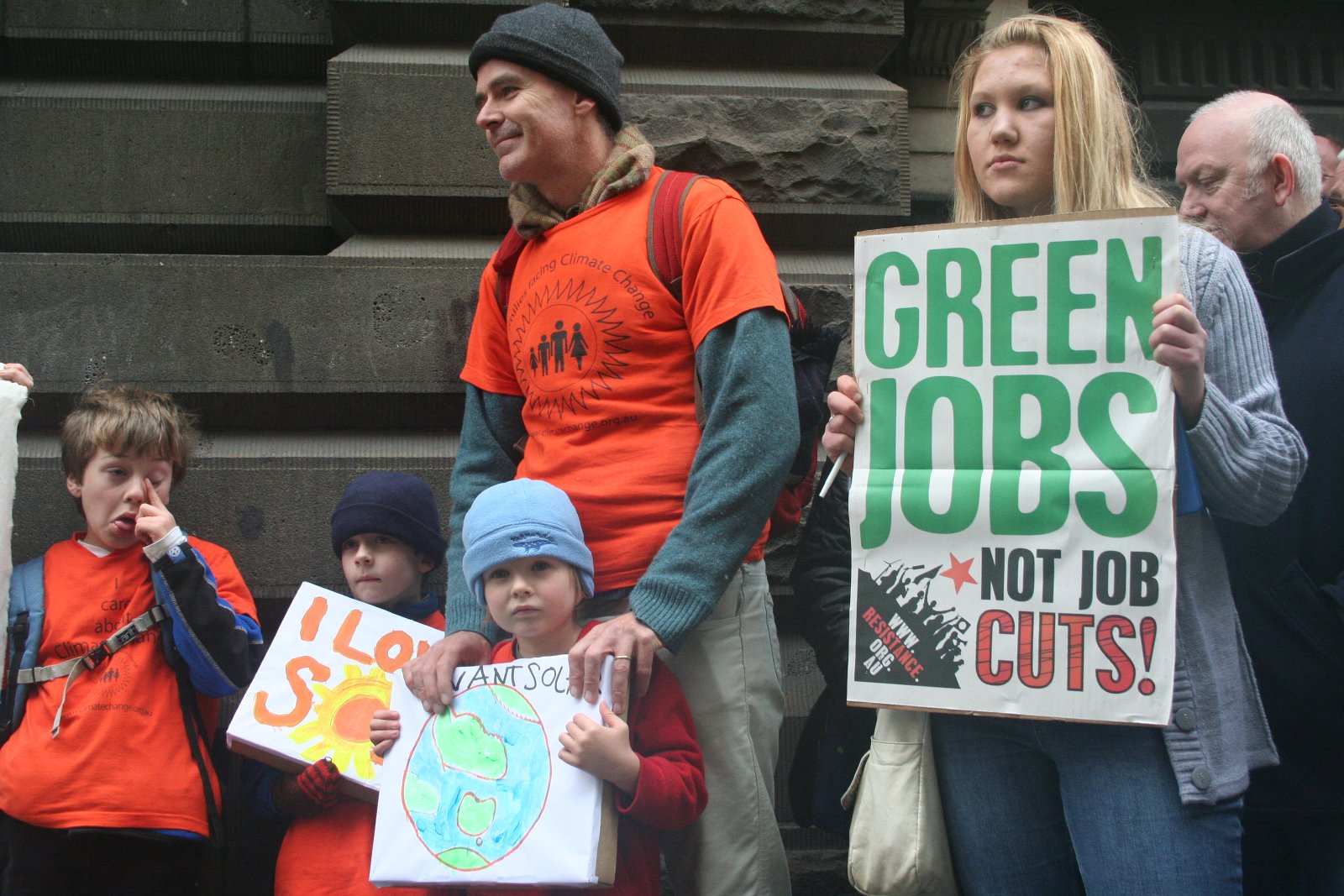Dereje Senshaw (ELP 2021) | Principal Scientist, Global Green Growth Institute, Korea
Substantial and increasing unemployment is a challenge for most developing countries’ sustainable development. While it has been relatively high for decades, the unemployment rate has risen sharply in the last few years due to the unprecedented COVID-19 pandemic. The situation, if unaddressed, can lead to increased poverty and inequality (both gender and social), which is a threat to countries’ long-term peace, and their economic and political stability.
Some of the primary causes of unemployment are: 1) the lack of decent job opportunities due to limited success in attracting new investments, particularly undervaluing the potential for investments in the green economy 2) the large increase in demand for jobs by tertiary graduates and associated competition, and 3) inefficient coordination of efforts and resources used for employment promotion and enterprise.
Other challenges that mainly impact women and young people include the lack of access to adequate skills development training, inadequate access to capital for business development and innovation promotion, inadequate access to transport services, and many cultural barriers that make it difficult to transcend traditional, male-dominated power structures. Women and youth face the greatest difficulties in obtaining employment within the formal sectors and require the most support.
In addition, the COVID-19 pandemic forced social distancing and mobility restrictions which in turn caused dramatic economic impacts on private businesses and the substantial loss of jobs in affected sectors. Regional political unrest also exacerbated the rapid increase in unemployment among skilled and unskilled communities. The vulnerability of communities to such health, social, and economic shocks is risking people’s livelihood and community resilience.
Takver from Australia, via Wikimedia Common
A green post-COVID recovery offers an opportunity to enhance green job creation. A recent report by the New Climate Economy Commission notes that aggressive investment in green technologies and businesses that address climate change could create up to 65 million jobs globally by 2030. The key to unlocking this green job creation potential is unlocking green investment.
Greening the country’s economy could result in the creation of new green jobs and attract new investments. Moreover, it is understood that Small and Mid-size Enterprises (SMEs) drive employment. Therefore, initiatives and programs aimed at achieving a green post covid economy through entrepreneurship could support the economic inclusion of women and youth in many countries.

